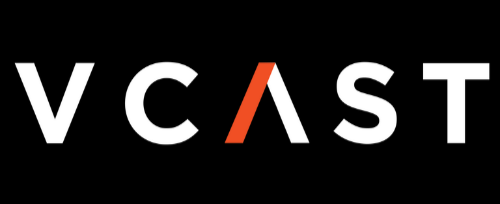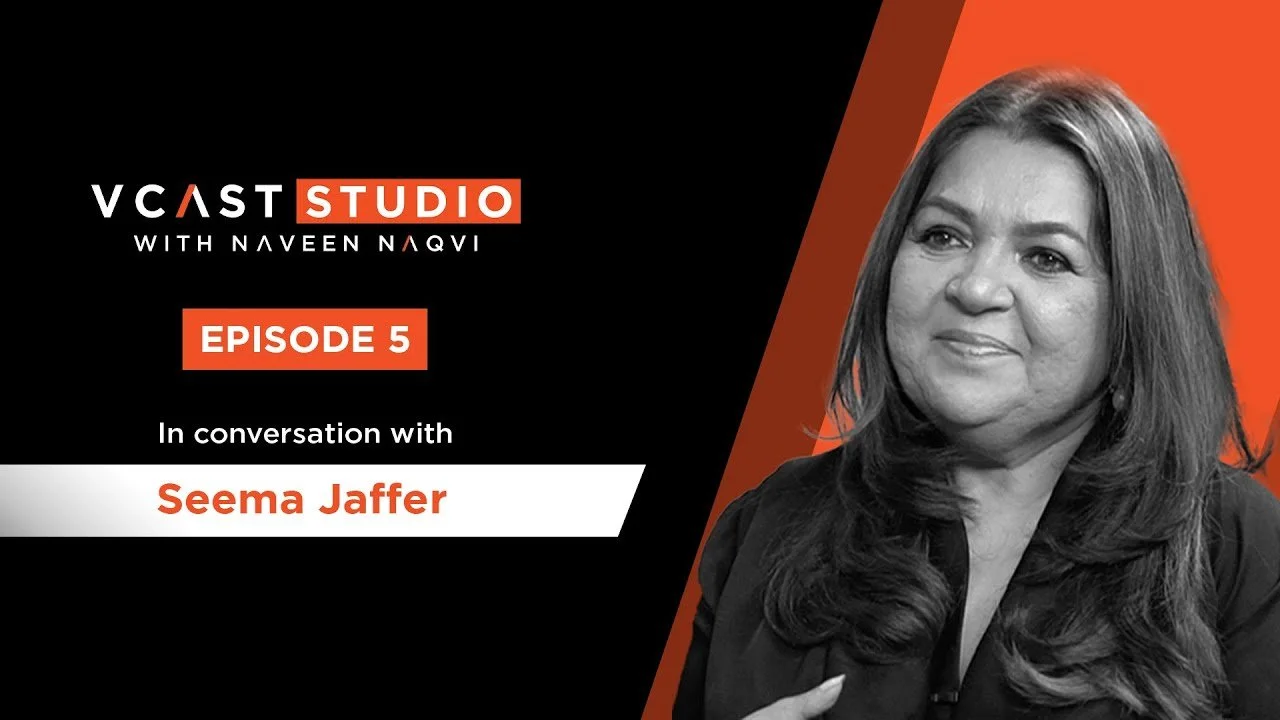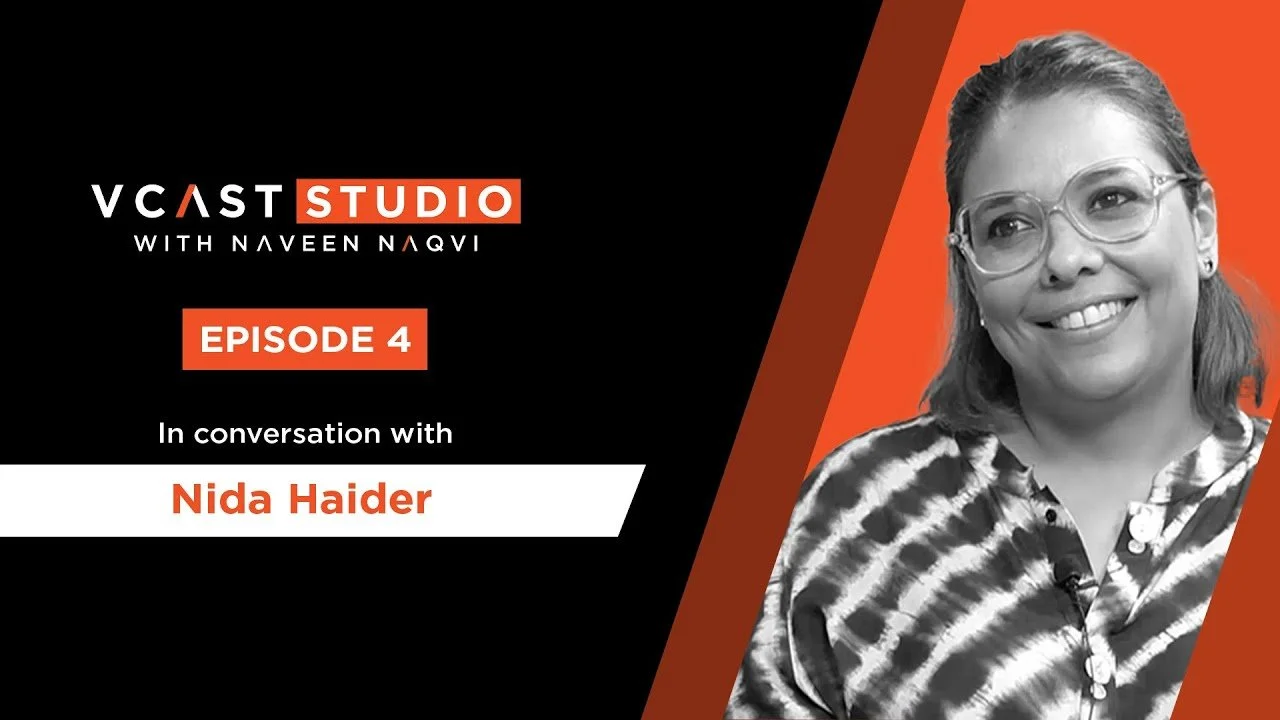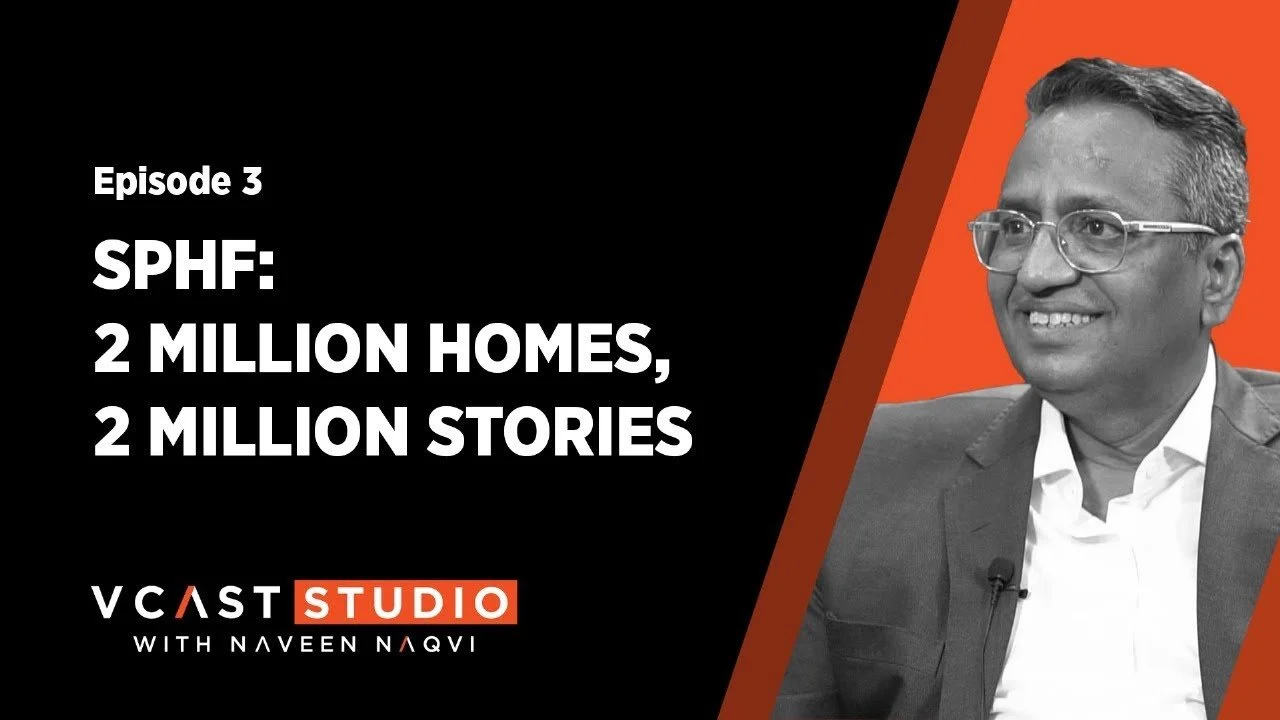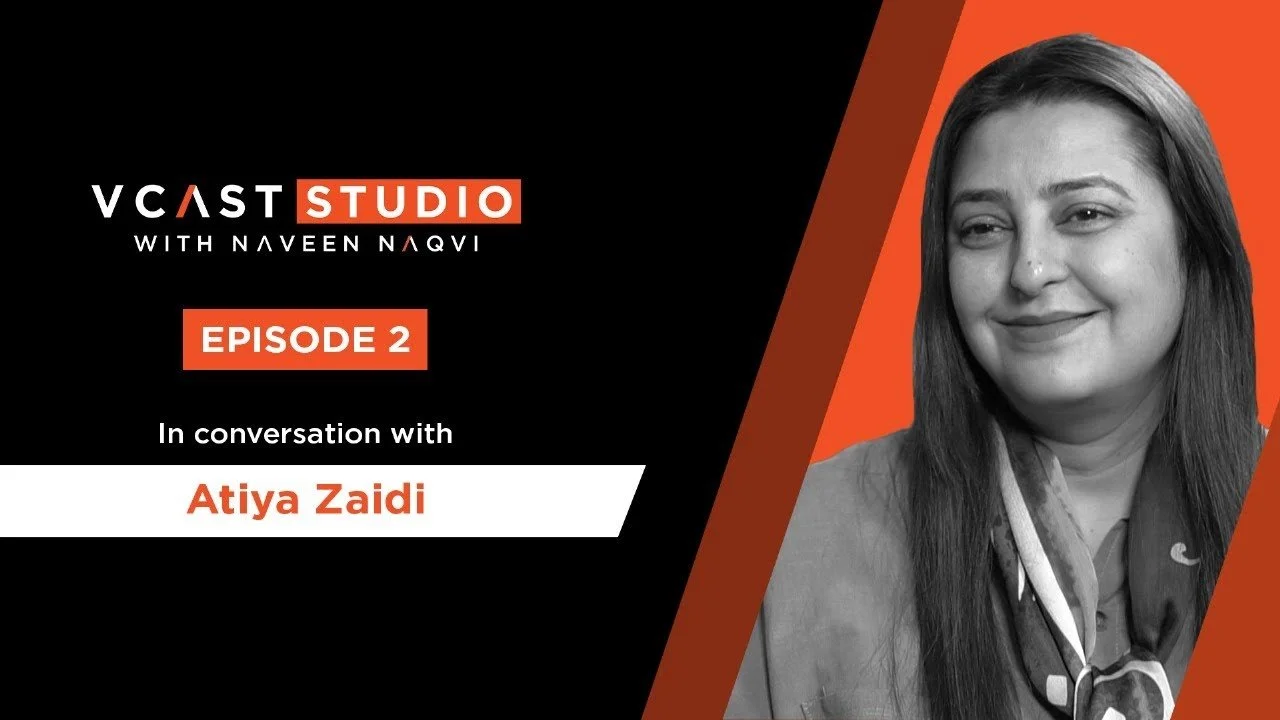VCast Studio - Episode 1 | Ahmed Jamal Mir
“My biggest regret was being my own boss at an early stage…[I wish] I had somebody to tell me where I was wrong,” reflects Jamal Mir, Managing Director and CEO of Prestige Communications Pvt Ltd.
With over 35 years in advertising, Mir offers personal insight and spotlights creative and institutional gaps in Pakistan’s advertising landscape.
In a country navigating economic fragility and political noise, Mir views advertising not merely as commerce but as a cultural responsibility. For the industry to grow beyond transactional campaigns, he believes it must shed short-term thinking and invest in originality. He argues that without educating clients on the value of good advertising, the industry limits creative risk and long-term strategic thinking—keeping it from achieving its true potential both locally and globally.
He is open about the structural shortcomings in Pakistan’s creative ecosystem, particularly within the public sector. In his view, government campaigns are too often led by underqualified vendors and shaped by opaque decision-making, resulting in poor returns and misdirected resources. He believes the solution lies in introducing transparency mandates and involving experienced professionals who can lead campaigns with the long-term goal of public trust, not just temporary visibility.
This recalibration requires more than clever slogans; it demands depth. Mir believes that storytelling should contribute to the country’s broader cultural identity. In a nation too often reduced by international headlines to political instability and economic struggle, authentic narratives rooted in local nuance offer a powerful counterweight. “We have so many great stories in Pakistan,” he says, calling on both private and public sectors to dedicate meaningful effort—and budgets—to shaping narratives that reflect the country’s resilience and positivity.
But strong storytelling depends on strong storytellers—and that’s where the creative economy is faltering. Mir points to a persistent underinvestment in people. Weak career counselling, outdated curricula, and a lack of collaboration between industry and academia leave aspiring creatives without the tools they need to succeed. While many chase digital trends, they often lack foundational knowledge or critical exposure to the commercial realities of advertising.
Mir speaks from experience. Prestige Communications (Pvt.) Ltd., founded in 1960 by the late Muhammad Iqbal Mir, came under his leadership after his father’s passing. With no formal training, he was, as he puts it, “CEO by default.” He credits his survival to relentless self-education and the guidance of veterans like Syed Asad Ali at Treet Corporation Limited.
He emphasizes the importance of setting high standards, learning from missteps, and drawing strength from small victories. To young professionals, he advises seeking out exposure and connecting with people they can genuinely learn from. He urges them to stay open-minded, push beyond their comfort zones, and never shy away from hard work—reminding them that growth comes from raising one’s own benchmarks, not settling for them. This philosophy now informs how he leads, encouraging his department heads to coach their teams not just professionally, but personally.
“If you’re not coaching your guys—on work but on life also—then what’s the point of being the leader?”
For him, leadership is about long-term impact—not authority. He urges young professionals to stay grounded and resilient in the face of challenges, and to hold on to their sense of direction—even when the path isn’t clear.
On a positive note, Mir highlights the growing presence of women in the industry. He notes that more women are entering creative fields and excelling, supported by improved work environments that have made roles more accessible. Their contributions now extend across banking, corporate, and production-heavy sectors, bringing fresh perspectives and strengthening collaboration.
Mir connects this shift to more young women getting design education. More broadly, he observes that some institutions offering design education are now producing talent with both strong technical skills as well as the conceptual ability to understand brand personality and visual craft. The results, he says, are outstanding — and working with such talent is a pleasure.
Mir’s outlook for his teams centers on the importance of discipline. Many tend to associate it with the military, but for him, discipline is not about control—it’s about focus. It involves establishing standards and remaining committed to them. In an environment where systems are unreliable and distractions are common, he sees this focus as essential to maintaining progress.
How can we turn challenges into opportunities for Pakistan’s creative future? Let us know in the comments!
This article was developed with the assistance of AI tools.
